
In an extended power outage, you’ll need to know how long can you run a generator before the lights go out.
It is difficult to continue living without a high-quality home generator after you have experienced the advantages that one provides. A few power outages each year have become the norm where the electrical system appears less dependable than it once was. With a portable gas-powered generator, you can keep the lights on and most of our devices running. Luckily.

It’s not enough to just have a generator; you need to know how to use it and maintain it. How long can you run a generator without interruption is the most interesting question after it has been fueled, connected, and started. There are numerous variables at play when attempting to determine “how long can you run a generator?” We’ll go over each of these factors in detail, so you know exactly how long your machine will maintain your lights on.
Variables Affecting the Runtime of a Generator
Everyday life is disturbed when there is no electricity in the area. Then, how long can you run a generator?
Let’s take a look at three important factors to answer that question:
- Fuel source
- Model of Generator
- Your house’s size
Your generator’s lifespan will be affected by a variety of factors. As a result, while looking for a generator for your house or workplace, evaluating how much power you’ll need to provide yourself, your family, and/or your coworkers is critical.
To begin with, you’ll need to think about the fuel source.
1. Fuel Source
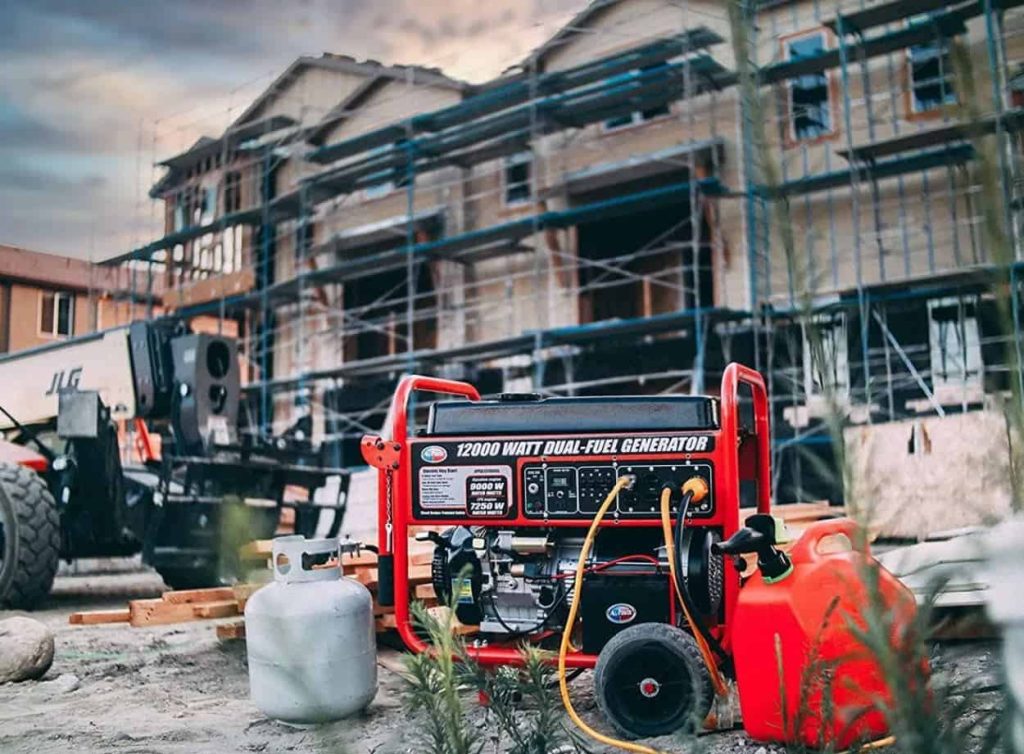
Generator performance is greatly influenced by the amount of fuel it uses. Propane, rather than gasoline, can provide a longer service life for a portable generator.
The following are the four most common fuel types and how they impact the running time of a backup generator:
Diesel – This is the most common type of standby generator, and it is the cheapest. However, it is typically employed for large-scale projects that require a significant amount of time and effort.
Gasoline – Portable standby generators work well with gasoline as a fuel source because it is readily available. Incorrect storage or usage, on the other hand, can cause severe fires. In addition, it has a limited shelf life and a runtime of six to sixteen hours, depending on the generator’s tank capacity and energy usage.
Propane – In comparison to gasoline, propane has a runtime of between 150 and 200 hours and a shelf life of indefinite duration.
Natural gas – It is a low-cost alternative that does not require regular refueling. It’s also good for the environment. Earthquake-prone areas should probably avoid this option. On the other hand, natural gas generators can operate for up to 500 hours at a time.
Propane and natural gas are the best fuel options for running your generator continuously for an extended period of time. You should also think about the generator’s type and whether or not it is compatible with your house or business in addition to the fuel source.
2. Model of Generator
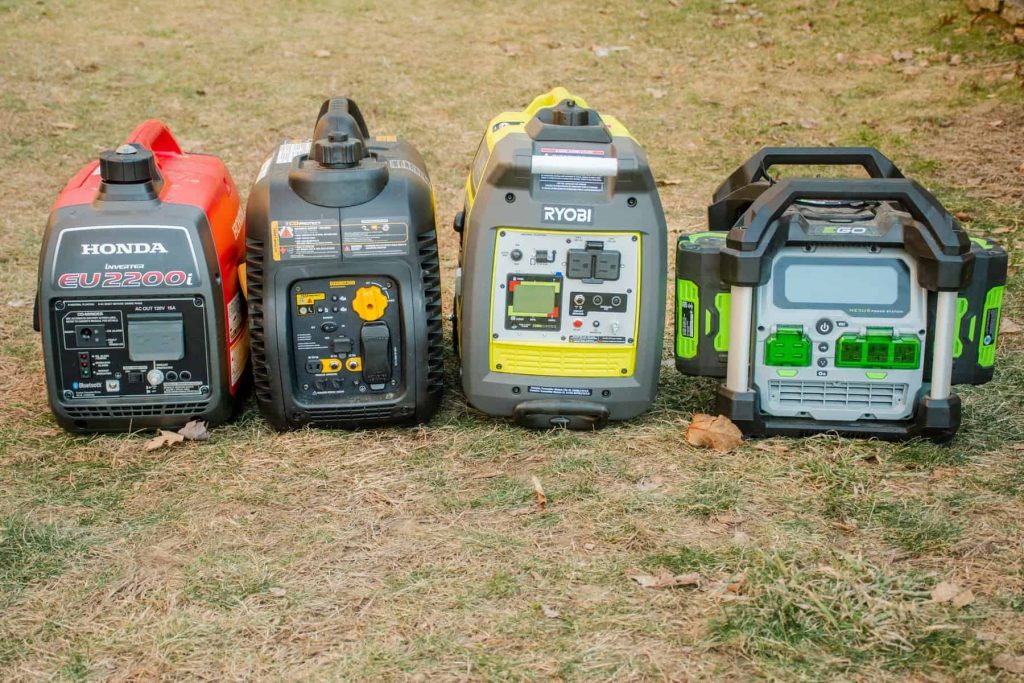
So, how long can you run a generator? Well, it is affected by the type you choose, so think carefully about what you want to use it for. In a two-hour power outage, you may require a low-power generator to power your household and a high-power RV generator if you intend to go on extended off-grid road trips in your RV.
If you’re seeking a power source when you’re disconnected from the grid, you have three options:
“Home standby” generators – All of your appliances, lights, and electronics may be powered by a “home standby” generator in the event of a power loss.
Portable generators – While camping or using small tools on a worksite, portable generators are a convenient way to power up your equipment on the go.
Inverter generators – An inverter generator is a power source that adapts to your specific electrical requirements, making it ideal for use in recreational vehicles or boats. When it comes to portable generators, gasoline works better than propane for inverter generators.
3. Your House’s Size
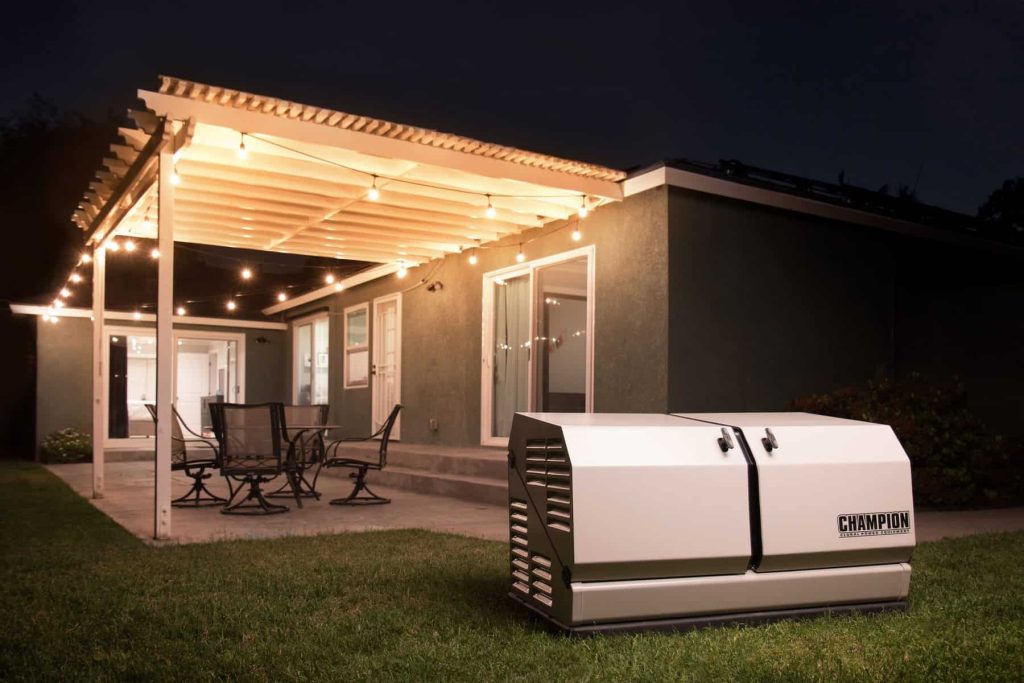
A home generator can produce as much electricity as you need from mechanical energy. However, how much power will you require, and how long can you run a generator?
It is possible that your generator will only operate for a shorter time if you intend to power several appliances with it rather than charging a smaller number of items simultaneously. As a result, the following factors should be taken into account when estimating how long can you run a generator:
- The home furnishings and cutting-edge technologies that you would want to have access to
- The average daily time spent using each of these devices
- These appliances’ wattage requirements
It’s important to keep in mind that a larger house can quickly decline your generator’s power supply due to the higher demand for electricity.
Portable Gasoline and Diesel Generators
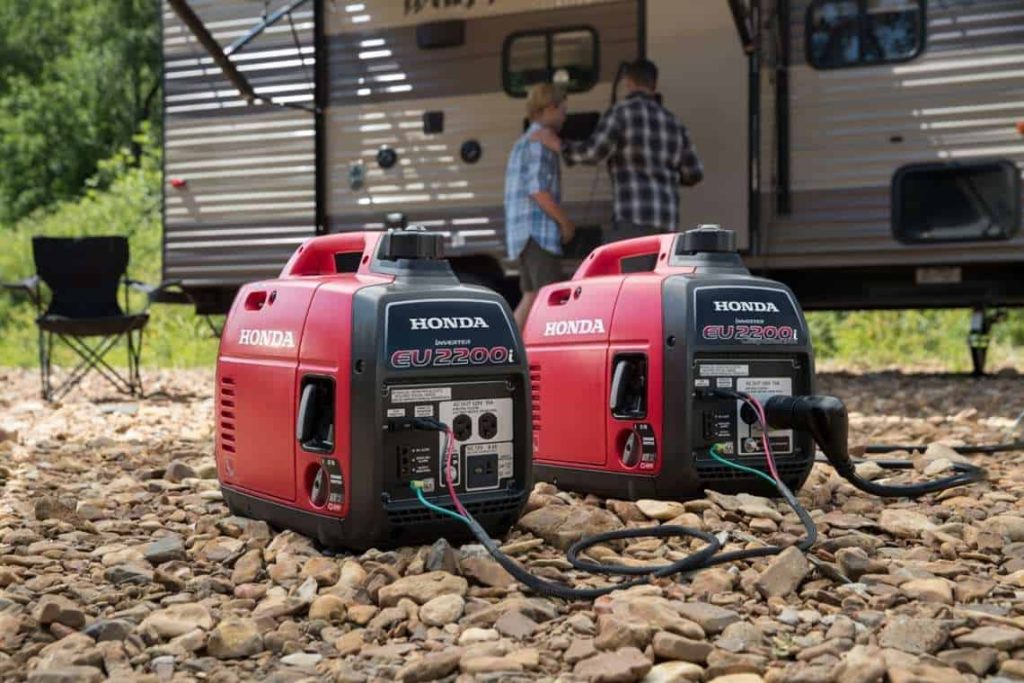
Depending on the model, portable generators can produce between 1,000 and 12,000 watts of power. Gas tank size, fuel type, and electrical demand all affect how long can you run a generator on a single tank of fuel. Your machine’s inverter or non-inverter status also has an impact. Gasoline, diesel, or propane can all be used to power portable generators.
Inverter generators, regardless of the fuel they use, can automatically reduce their electricity output when there is a lower demand for it and then increase it when there is a higher demand for it. Since inverter generators do not use governors (a device for automatically controlling speed), their engine RPM remains constant regardless of the amount of electricity required; non-inverter models’ fuel economy is significantly worse than that of inverter models.
It is hard to pinpoint an exact length of time that your portable generator is capable of running due to all of these different aspects; nonetheless, you may anticipate getting between six and ten hours of use out of the majority of gasoline- and diesel-fueled non-inverter portable versions, and between ten and sixteen hours out of the majority of inverters. Some machines have large fuel tanks, allowing them to run for up to 18 hours at a stretch. Also, remember that inverters are a lot quieter and safer for delicate electronic devices.
Portable Generators Powered by Propane

Portable generators that operate on propane have the same functionality as gas- and diesel-powered alternatives, but their duration is determined not only by the size of the propane tank that is attached to them but also by the amount of electricity that is being drawn from them.
You may get five to eight hours of use out of a tiny tank that weighs twenty pounds. Compared to a 25-pound tank, the 50-pound tank can last for twice as long. A multi-way valve or manifold system can also be used to connect multiple tanks, allowing for more run time (150 hours or more.) As most portable generator makers recommend, you’ll have to change the oil every 100 hours.
Standby Generators Powered by Natural Gas
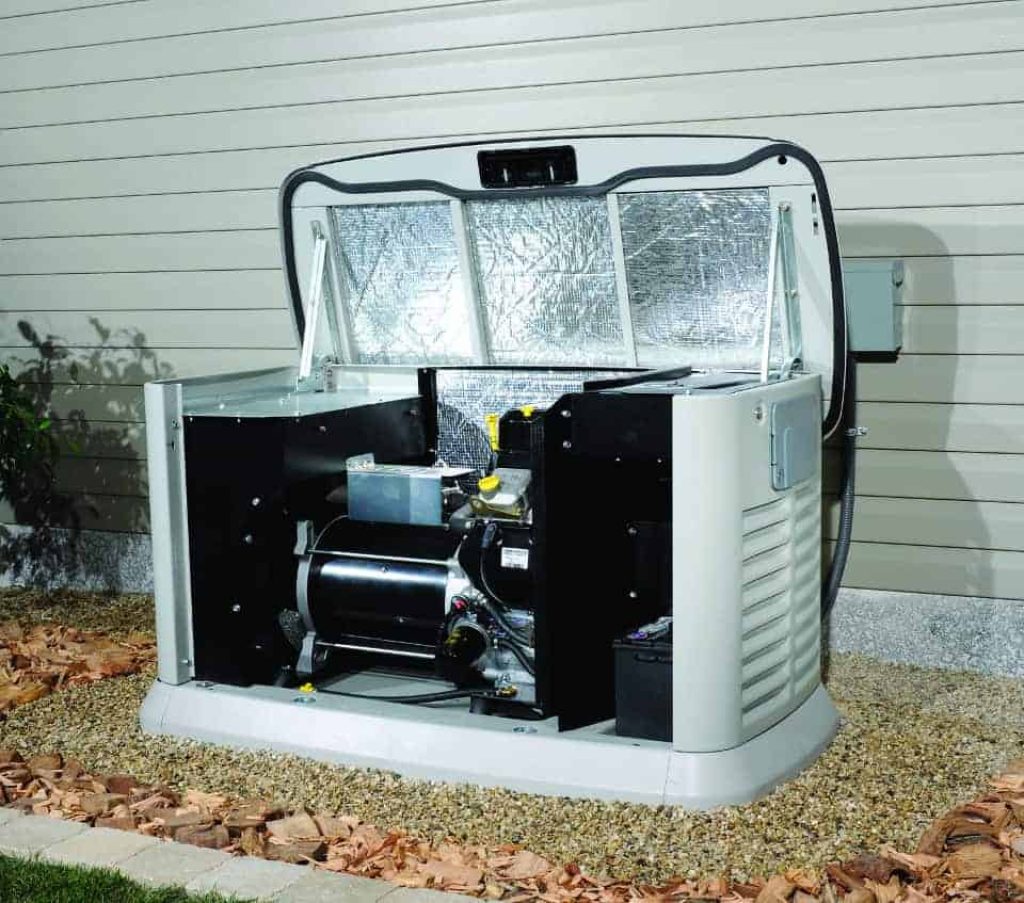
Standby generators are bigger and more powerful than portable models because they are permanently connected to your household’s electrical system and automatically turn on in the event of a power outage. The output of these units can range from 7,000 to 15,000 watts or even more, and their primary purpose is to ensure that all or the majority of your electrical equipment continues to function normally in the event of a power failure. There are two fuel options for standby generators: propane or natural gas.
Due to the fact that their fuel will almost surely last longer than the interruption, natural gas units can remain running indefinitely. Oil is the primary constraint. The majority of manufacturers of standby generators recommend doing an oil change and other maintenance tasks at least every two to three weeks of runtime.
As a result, if there is a prolonged outage of electrical power, you will need to turn off your machine every few days to drain the soiled oil and replace it with clean oil, as well as a new filter.
Standby Generators That Run on Propane
Propane-powered standby generators need the same amount of oil changes as natural gas-powered models, but they also have the disadvantage of using a limited supply of fuel. Your generator will only be able to stay on for as long as its supply of tanked propane lasts, which is entirely dependent on the size of your tank and the amount of power you require. Four to six days is the average runtime for a large, 500-gallon propane tank.
Solar-Powered Generator

The generators fueled by the sun are not the same as those described earlier. They make use of photovoltaic panels, a battery or bank of batteries, and an electrical inverter rather than combustion or fuel to generate energy. You probably won’t be able to utilize much electricity for very long if you rely only on solar power unless your home is completely furnished with a large number of solar panels and an extraordinarily robust inverter. In this case, you won’t be able to use much solar power.
When the sun is shining, most portable solar generators will provide enough power to run a refrigerator continuously, but not much else. You should only use your portable solar generator for the most basic requirements, and even then, only on occasion. The advantage of these units is that they don’t need to be refueled.
FAQS
How long can you run a generator?
Most generators fuelled by gas will continue to operate for anything from a few hours up to 24 hours straight. On the other hand, portable gas generators can come with a large fuel tank. For a few days, these generators are sufficient.
Is it safe to have a generator running all through the night?
Carbon monoxide poisoning is the most significant danger associated with leaving a generator overnight. When the engine of a portable generator is started, carbon monoxide is released into the air.
What will happen if you leave a generator running for an excessive amount of time?
A simple addition of gas can be extremely dangerous and result in a massive blaze. When your generator is operating, the area around it may grow quite hot; as a result, there is a possibility that even minute spills or fumes might start a small fire that would rapidly spread to either the fuel tank that is already in the generator or the tank that you are using to replenish it.
Is it possible for a generator to overheat?
It’s possible that the interior components of your generator might be damaged to a great extent if running too hot. Problems such as a burned alternator can be the result of excessive heat. Rotors that are bent.


